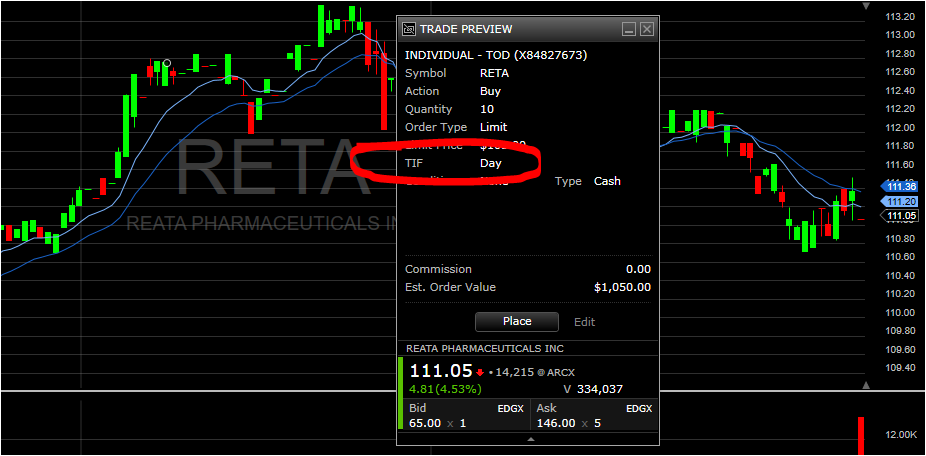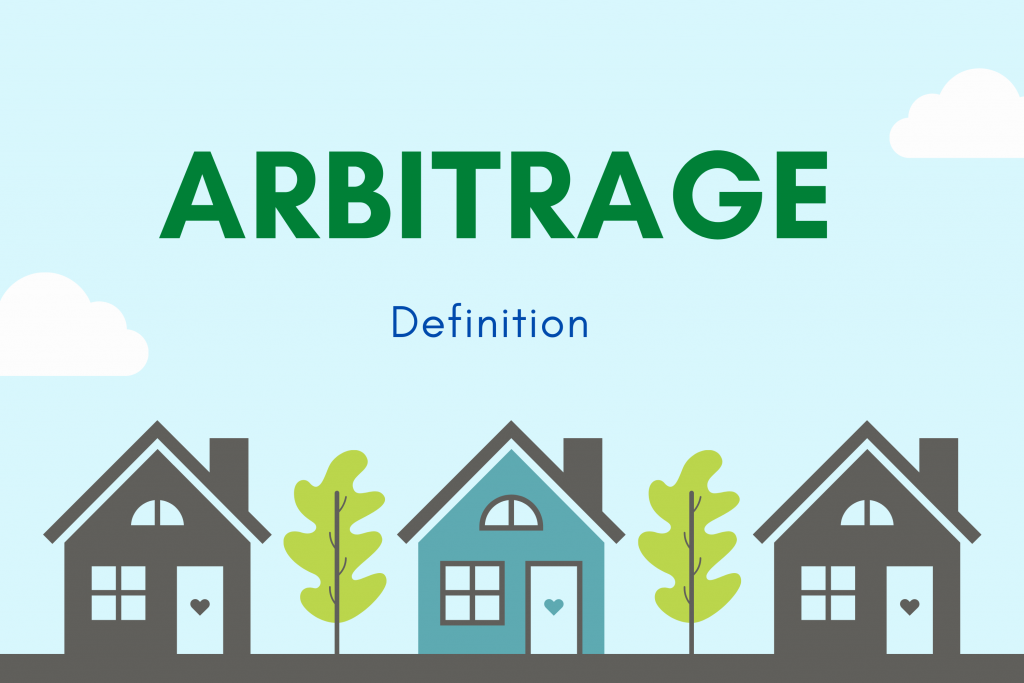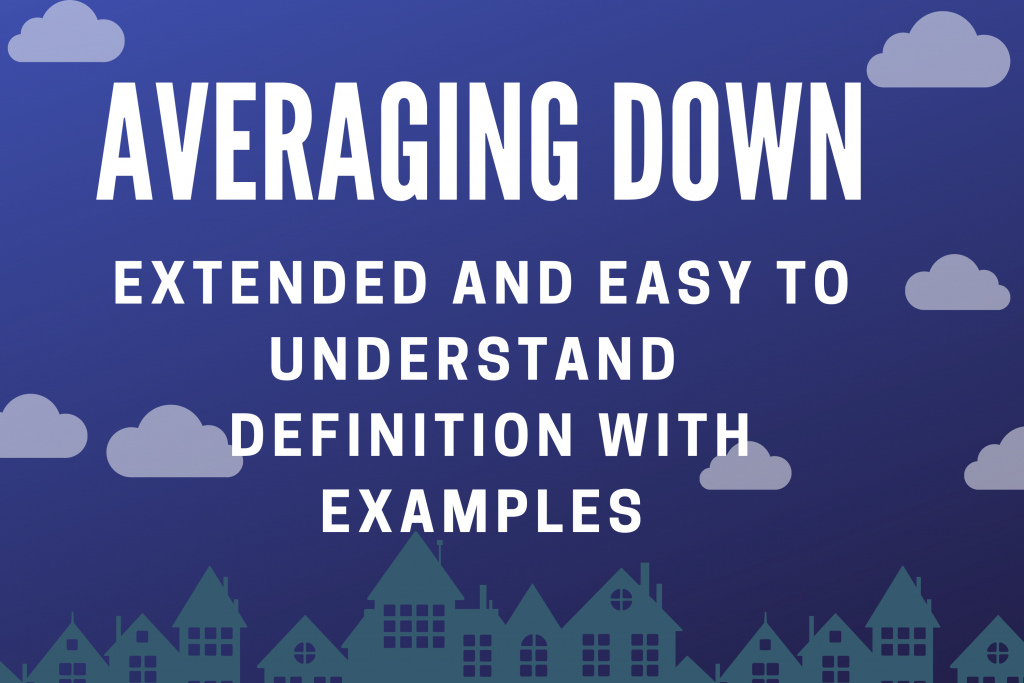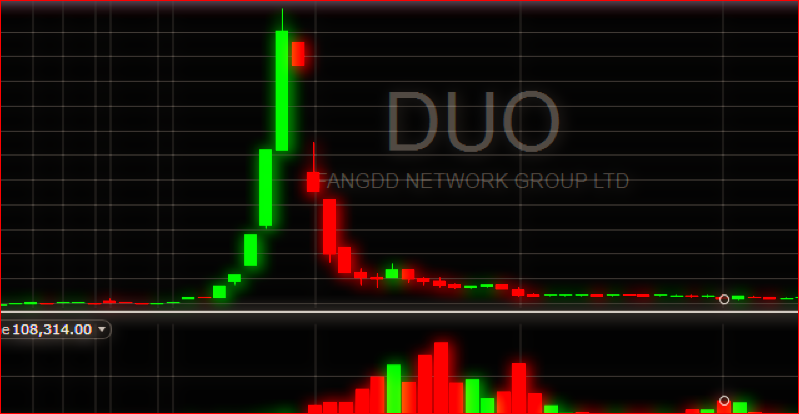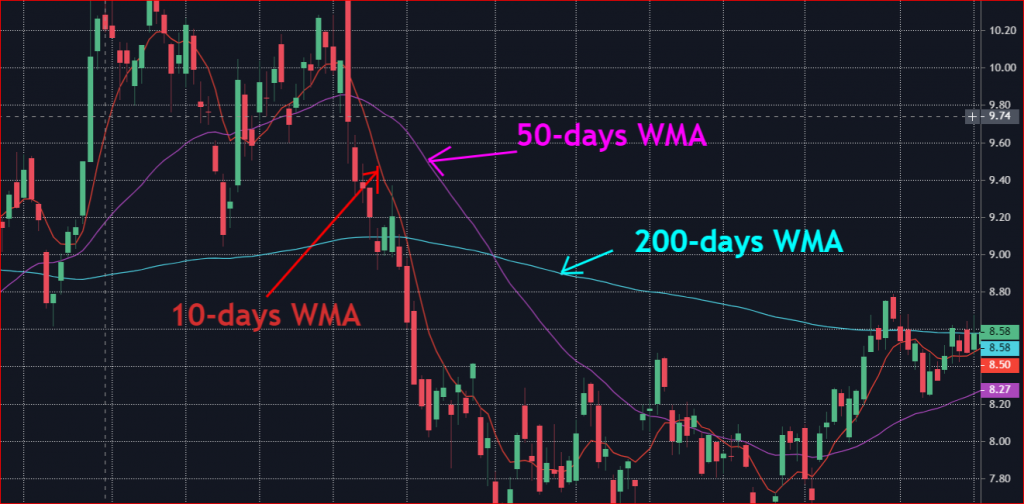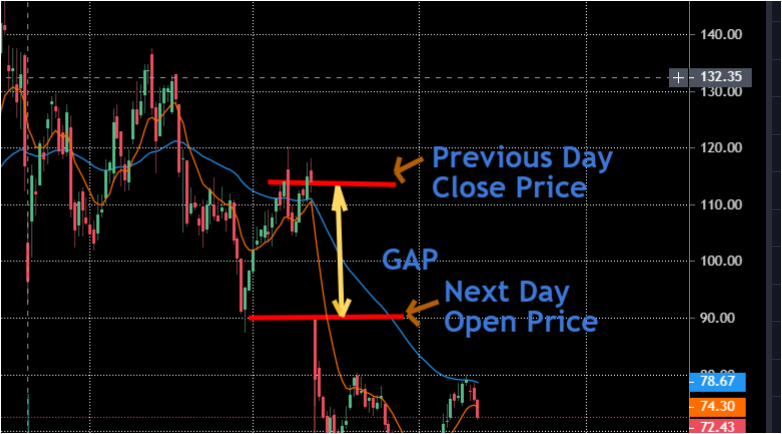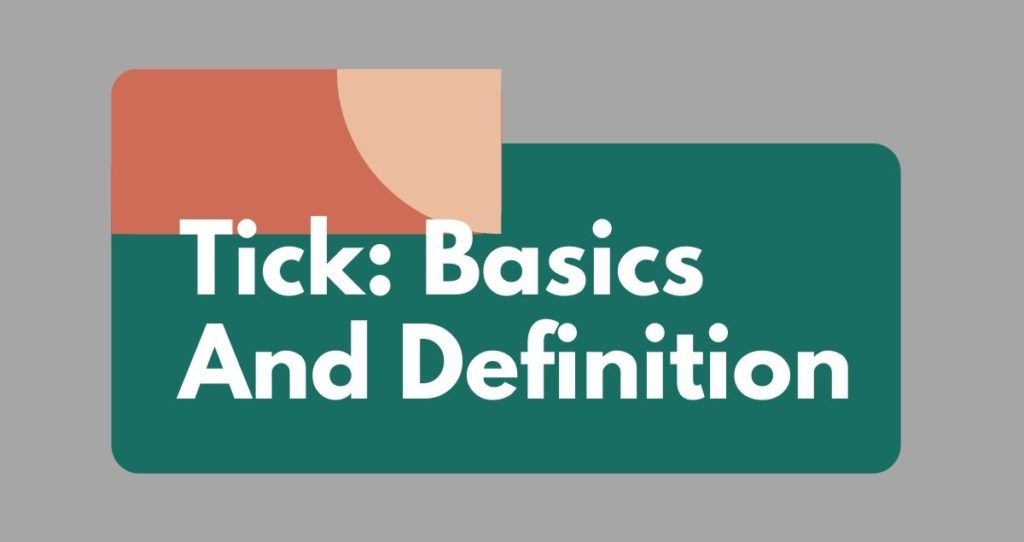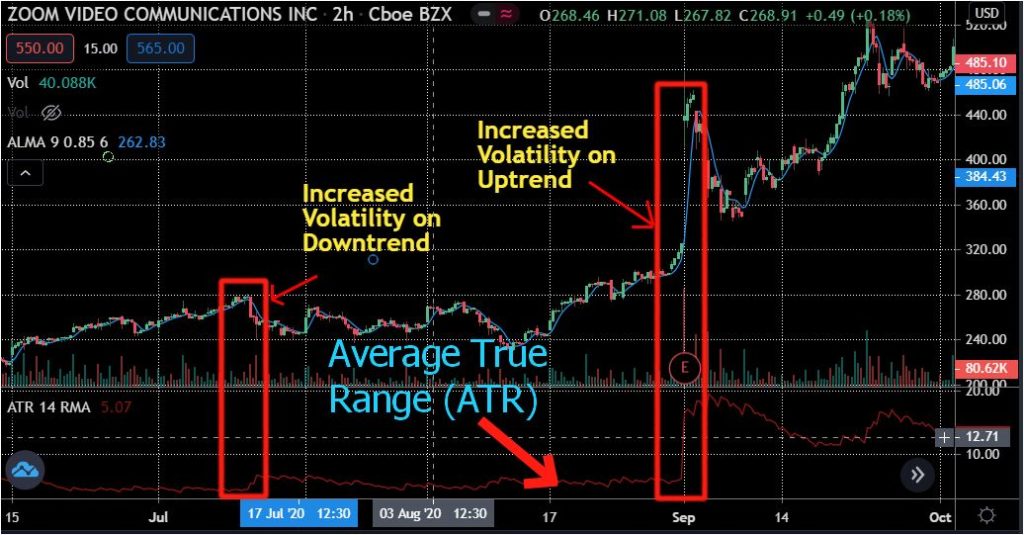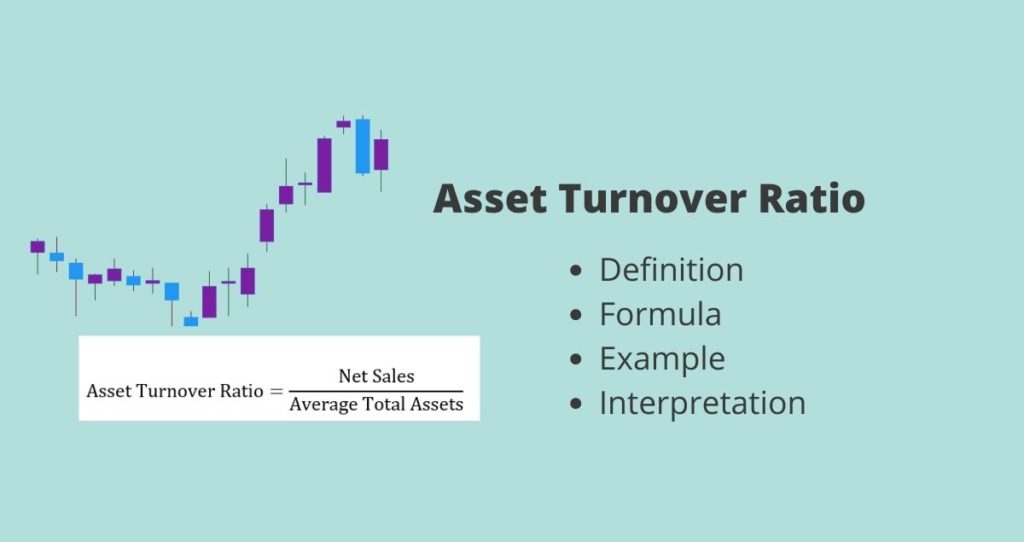A day order is an order to buy or sell shares of stocks or securities that expires at the end of the trading day’s session. In other words, the day orders will expire at the end of the day if they are not completed or canceled.
A day order is similar to good till canceled order. The only difference is that the good till canceled order can last for as many days as your broker allows, gets filled, or until you cancel it.
Your brokerage account will have different trading duration options. If you do not choose a different time in effect(TIF) or customize your trade timeline; your trades will have day orders as a default.
If the specified order is not met, the order will expire at the end of the trading day.

Benefits of day orders
A day order will give you a chance to buy shares you want at a price you specified. This option gives investors and traders a chance to trade while keeping up with other activities.
Disadvantages of a day orders
Your order can be filled without your knowledge. This means that if a stock you placed a day order for has very bad news during the trading session, the order will be filled and you will lose money.
The only way to stop a major loss on your trades is to cancel your day order before it is filled after learning about negative news related to the company. To accomplish this, you must sit down and watch the stock the whole day. This is time-consuming, tiring, and boring.
In addition, if your order is a limit order, you may not get the position size you wanted. This is because a limit order will ensure that you pay the price you want. However, it will not guarantee the number of shares you want.
